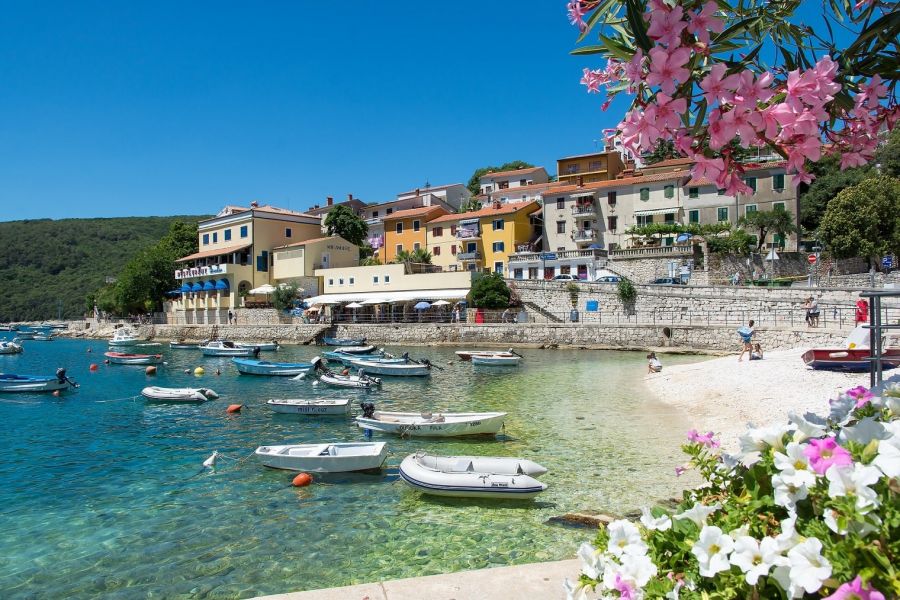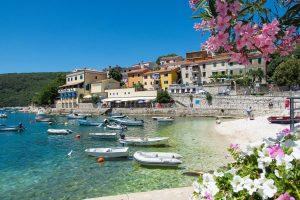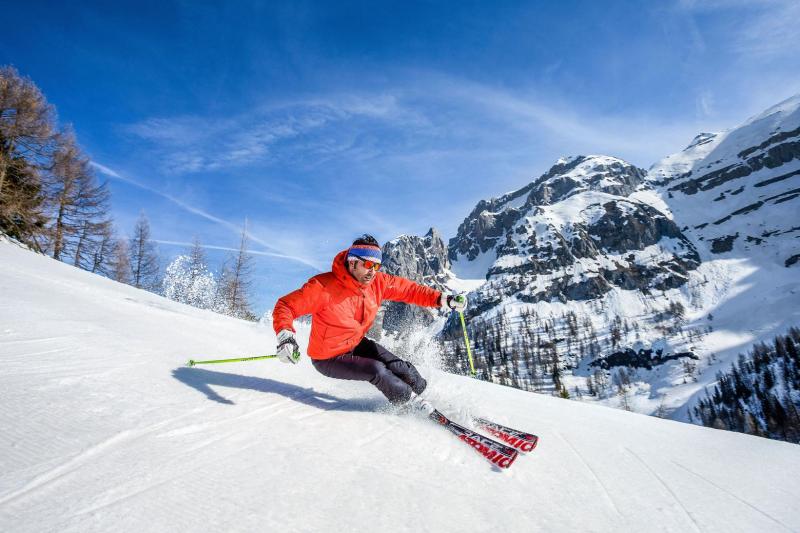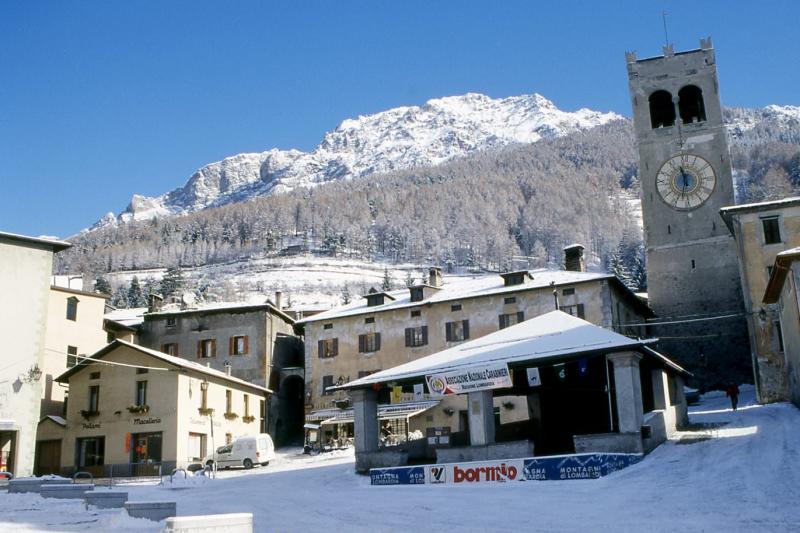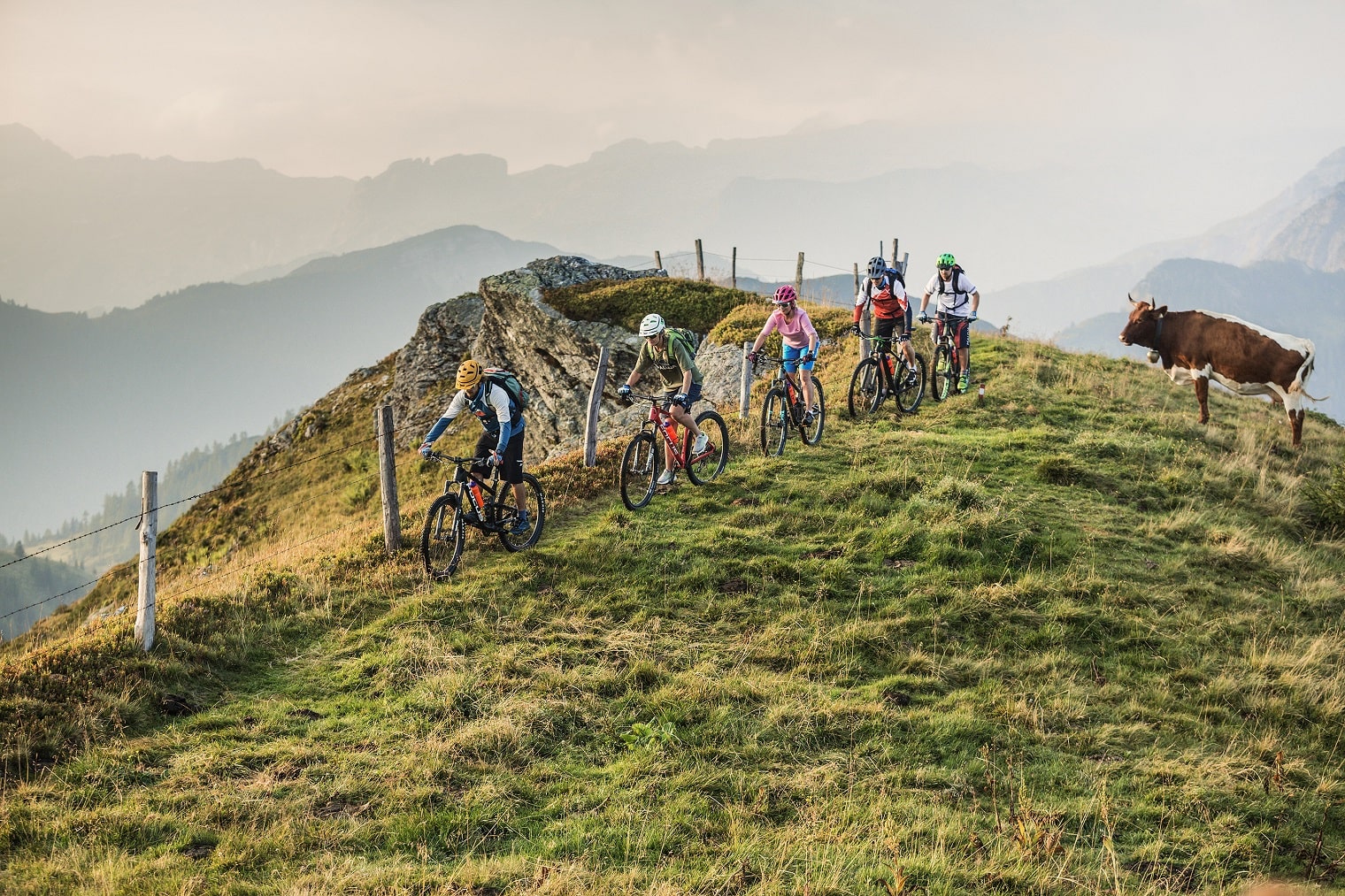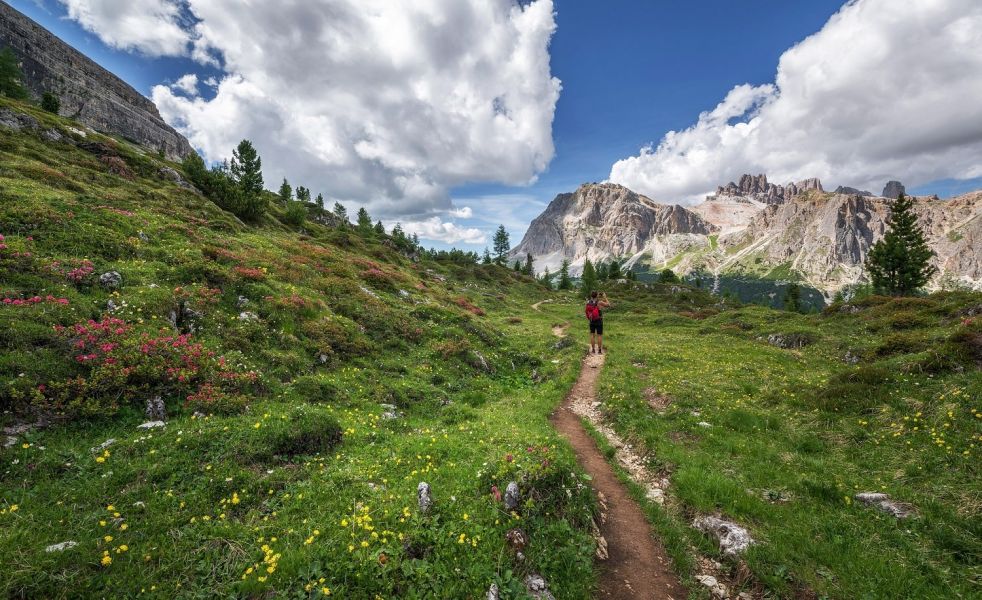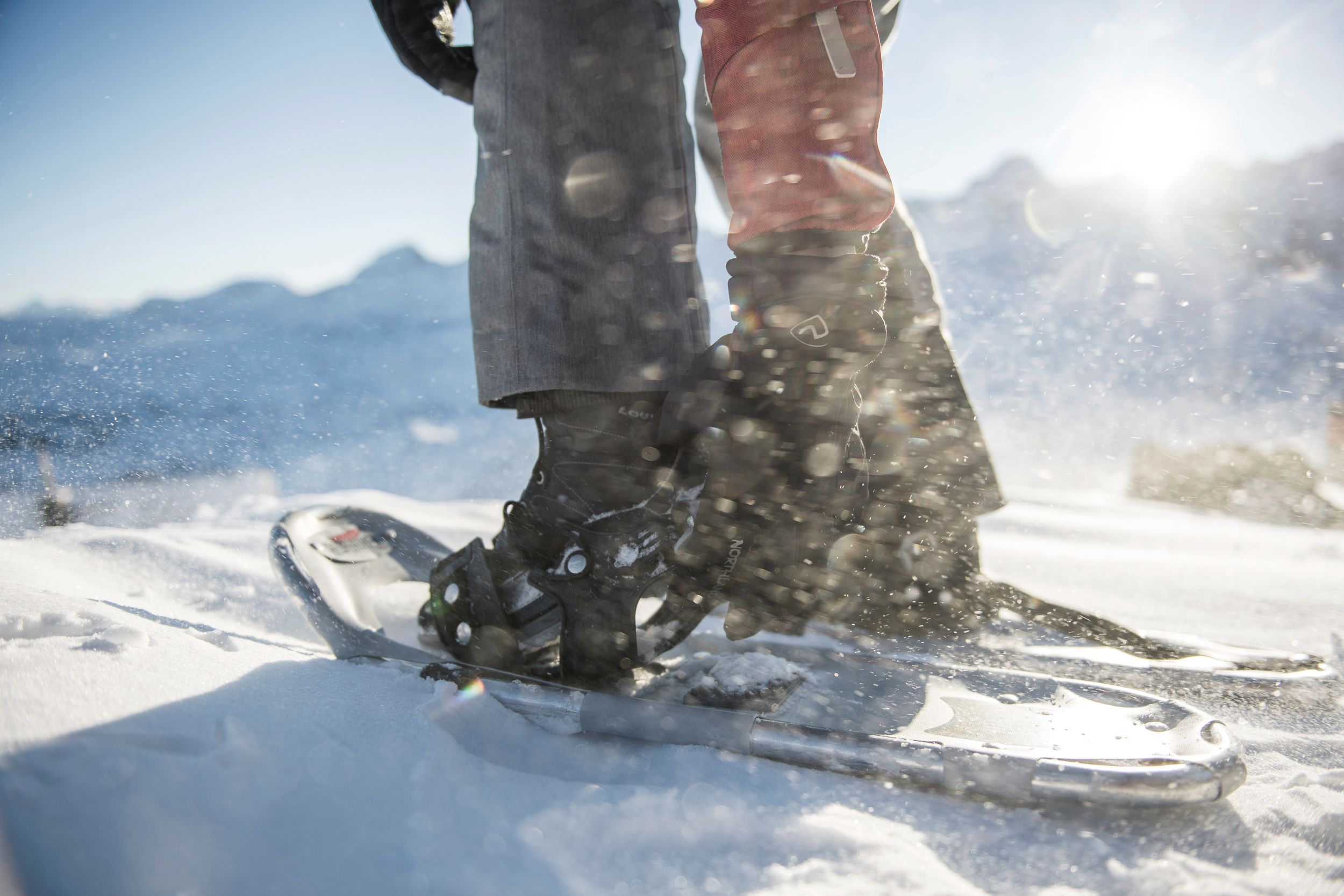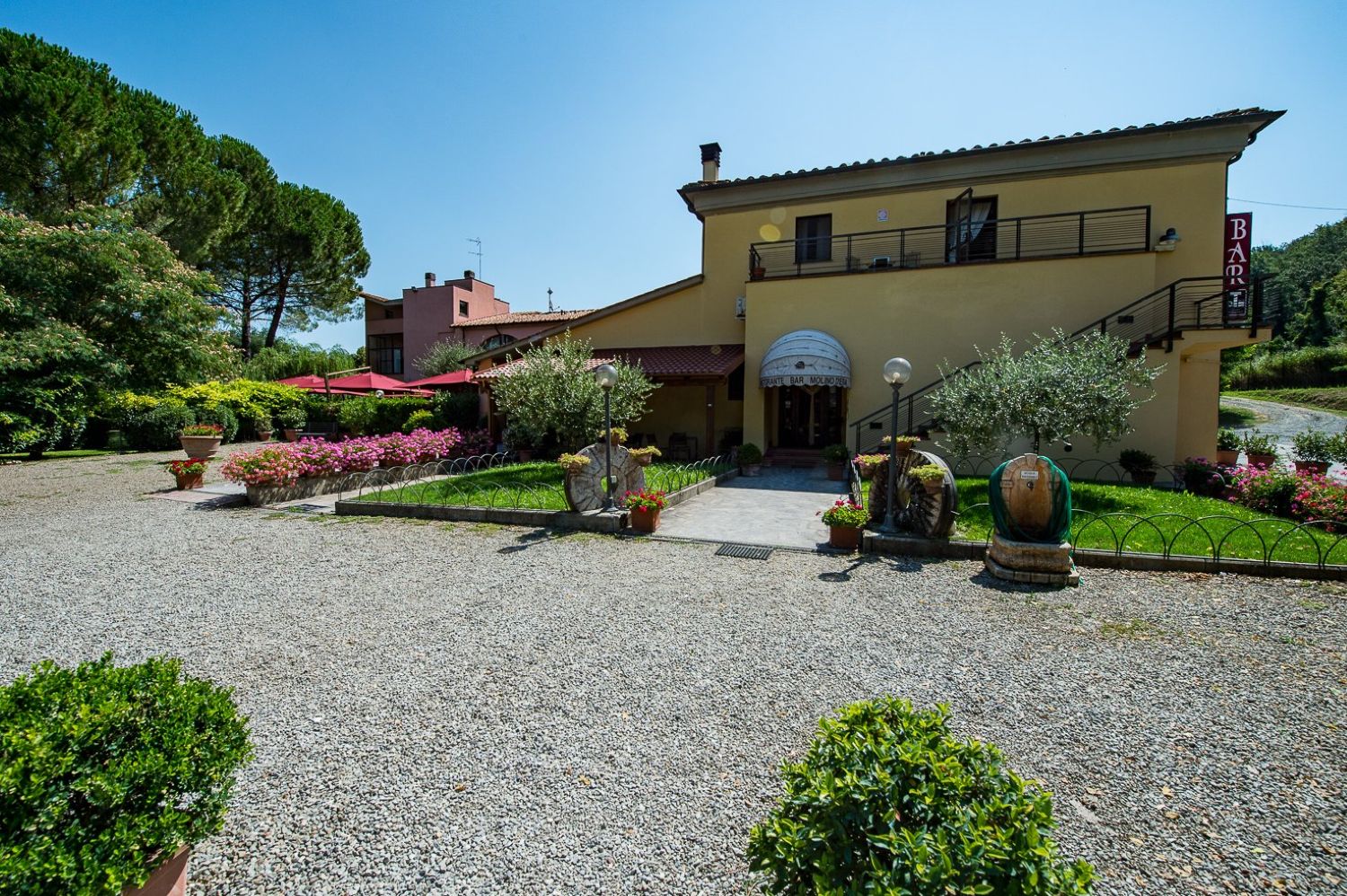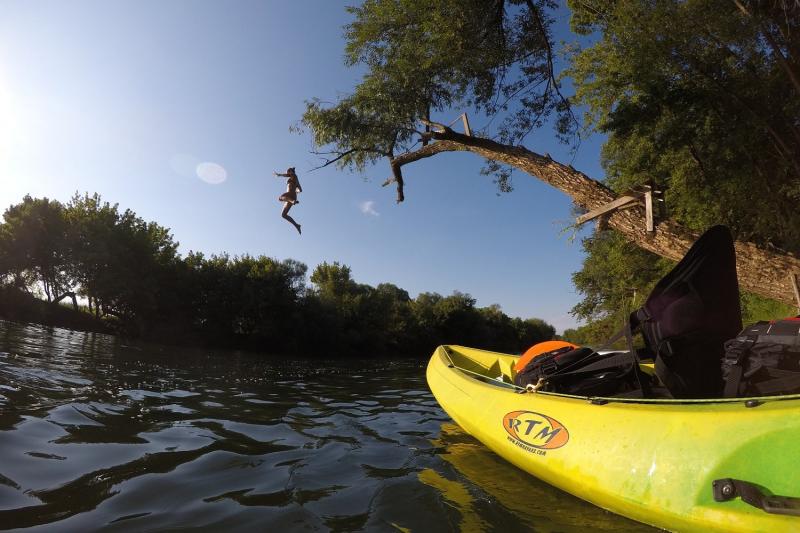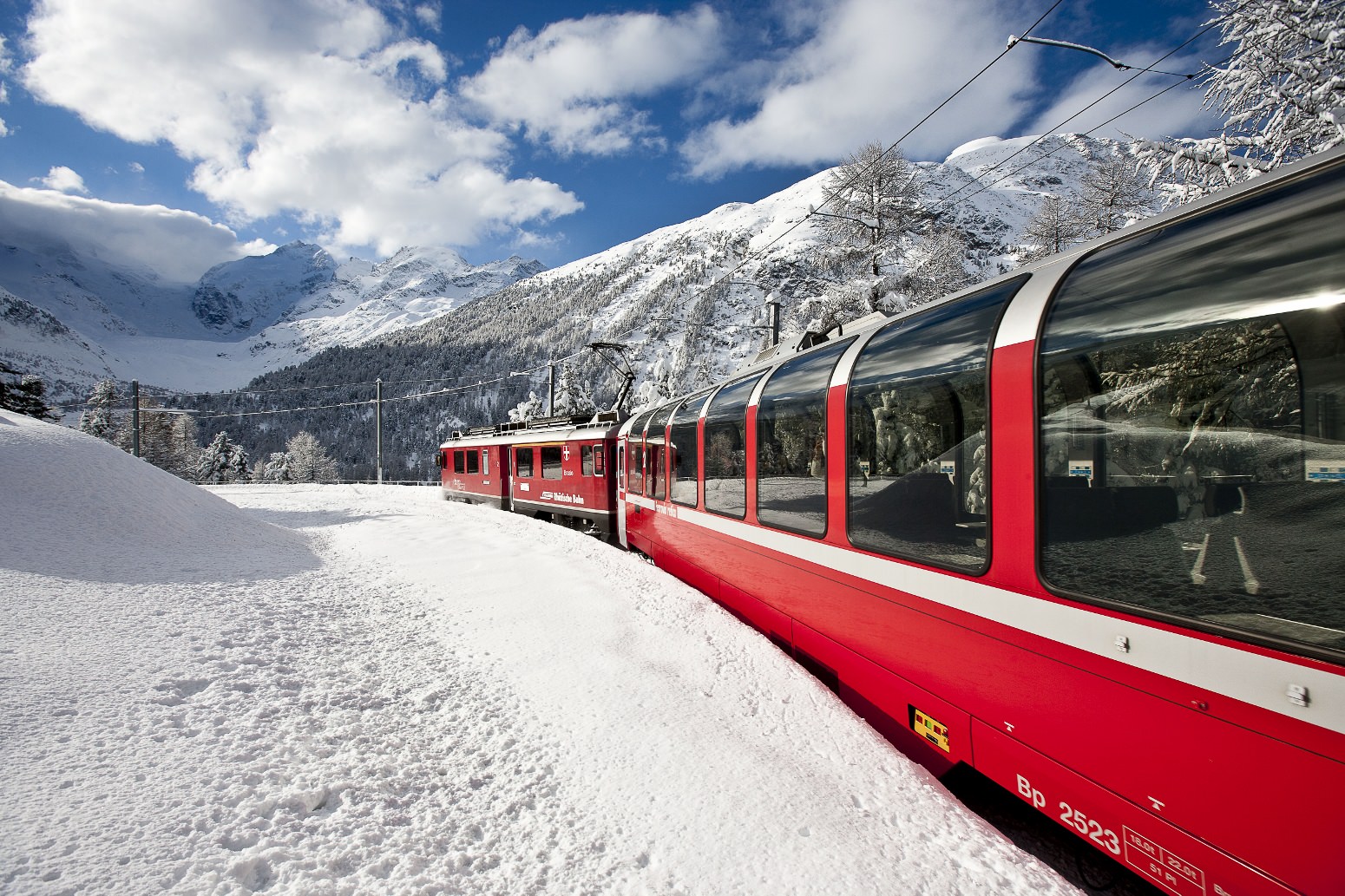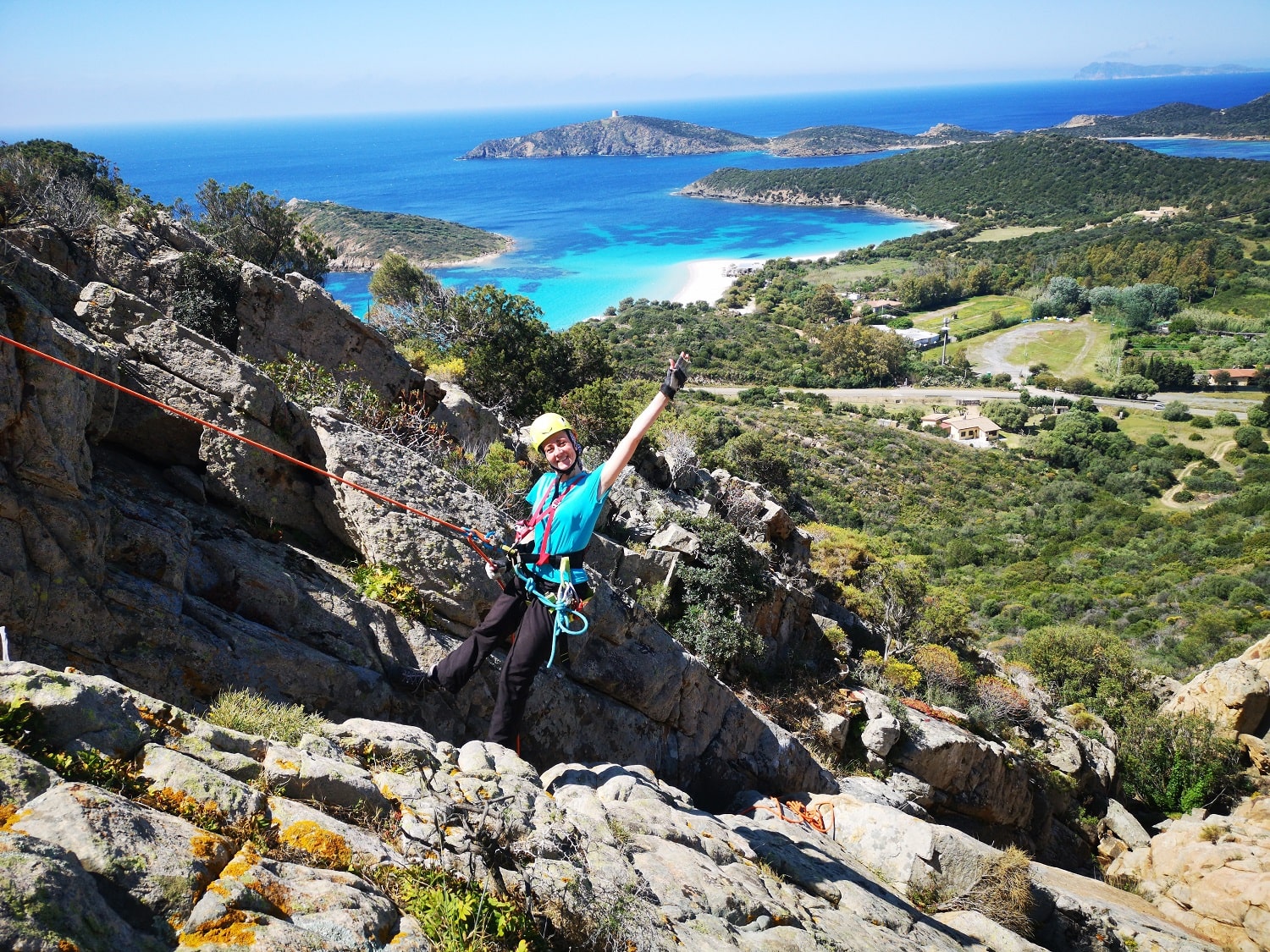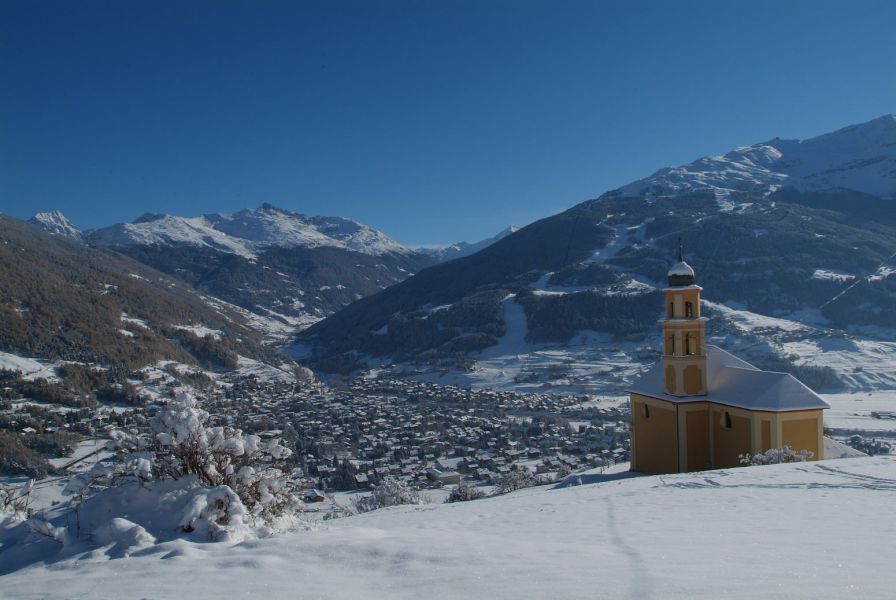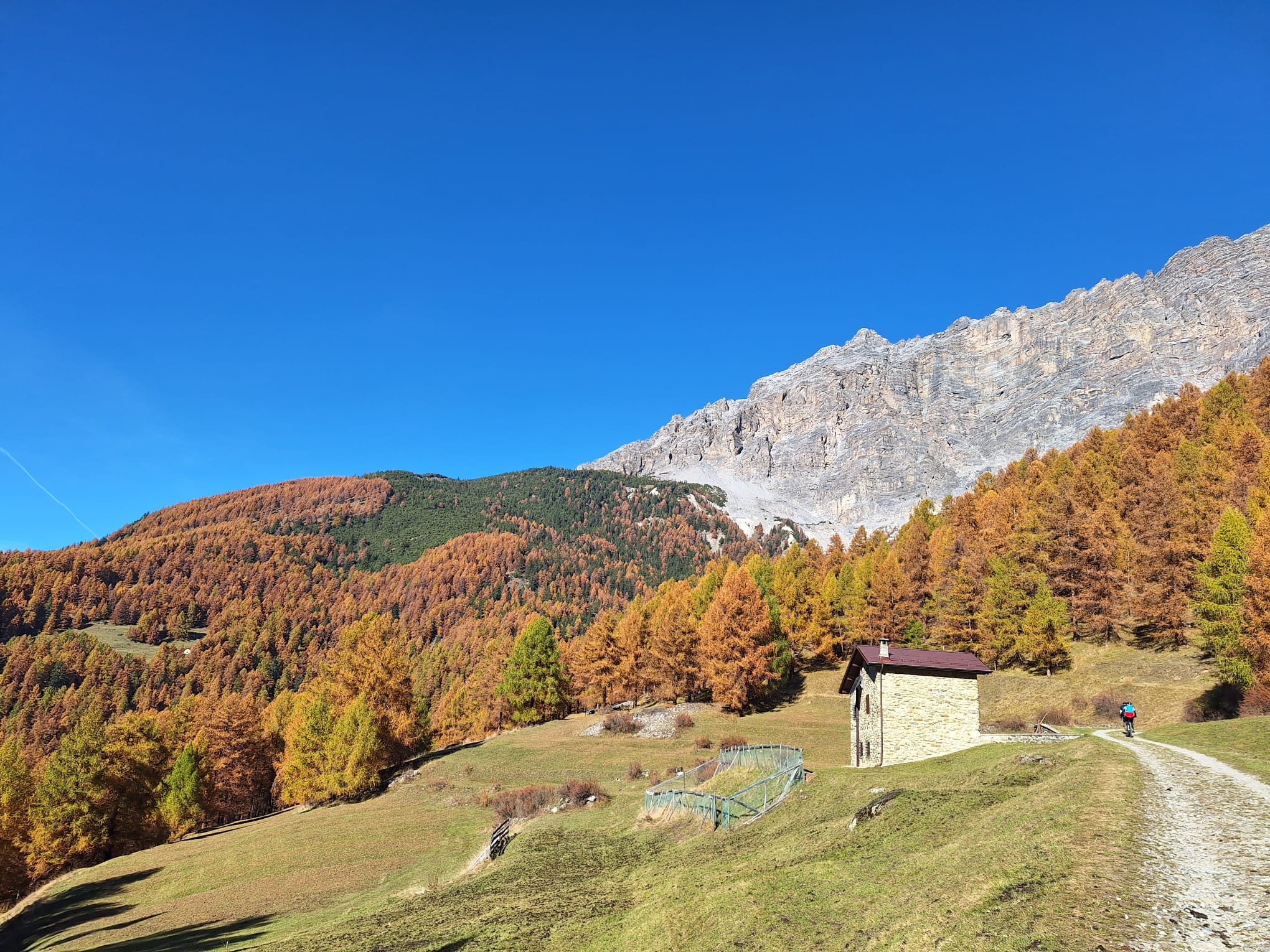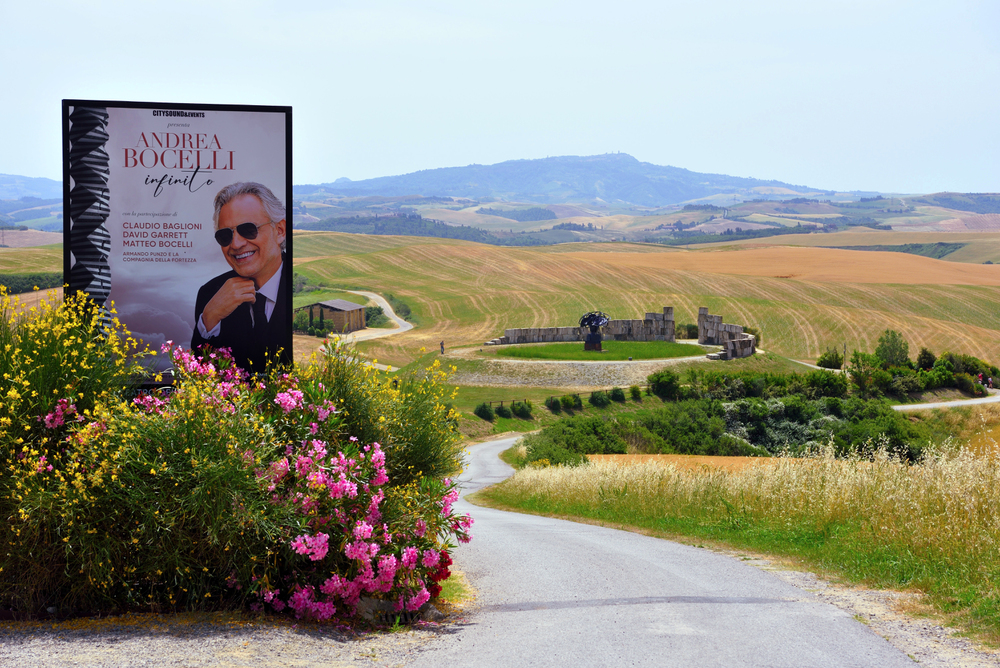If you’re looking to book an active holiday in Europe this summer, there is certainly no shortage of fantastic destinations; over the next few weeks we will be looking at some of our favourites in more detail, with an introduction to the area, the best activities and attractions, and tips on how to make the best of your time there.
This week we are looking at the predominantly Croatian peninsula of Istria, jutting out into the northernmost part of the Mediterranean Sea.

Best for: hiking, cycling and food
Historically a melting-pot of cultures, this corner of Croatia enjoys influences and traditions from southern, central and eastern Europe. While it mainly belongs to Croatia, parts of it are Italian and Slovenian territory and you will find the language used can vary depending on where you are.
While famous as a package holiday destination with tourists flocking to the rocky beaches, the interior is generally far less busy, offering excellent hiking and cycling itineraries through charming hilltop villages, vineyards, open countryside and cool forests.
The cuisine is highly regarded, including truffles, seafood and wild asparagus, as well as the excellent local wines. There is a notable Italian influence too, with homemade pasta and gnocchi dishes on offer in many restaurants and country inns.
Self-guided tours are a good way of seeing the area more or less at your own pace, while having the advantage of a planned itinerary and local backup should you need it. You can find some of ours at the end of the article.
Highlights
Parenzana railway line
This railway line used to connect Poreč (Parenza in Italian) with the Italian city of Trieste just over the border. The line fell out of use during WW2 when the tracks were taken up, but is now a popular route for cyclists and hikers exploring the Istrian countryside to the north west of the peninsula around Motovun.

Motovun
This small hilltop town surrounded by fields, vineyards and woodland looks like it has been transported from the heart of Tuscany. Famous for its truffles and olive oil, the town (like the rest of Istria) was for five centuries part of the Venetian Republic and of vital strategic importance due to the surrounding woodland used to build its ships.
Poreč
A coastal town surrounded by beach resorts that attracts tourists from June to September. It combines a lively nightlife with some fascinating architecture; the Euphrasian Basilica is an essential stop during your stay. A UNESCO World Heritage Site, it dates back to 533AD and gives a fascinating insight into the history of the area.
Rovinj
The biggest coastal town in Istria (after Pula), and another popular spot with tourists in the summer months, Rovinj is mainly famous for its impressive bell tower that dominates the skyline, similar in style to the one in St. Mark’s square in Venice, and is a pleasant place to wander around outside of the high season months of July and August. If you are planning on staying there for a night or two take a trip out to the islands of the archipelago surrounding the town.

Hum
Listed in the Guinness book of records as ‘the smallest town in the world’ nestled in the heart of northern Istria, this tiny place built entirely within the walls of the old fortress is a favourite with hikers who like to stop off at the ‘Konoba’, the only restaurant in the ‘town’ for some traditional Istrian specialities.
So if all this peaks your interest, check out some of our self-guided walking and cycling holidays here:
Self-guided walking holiday in Istria – 6 nights from € 610 pp
Self-guided cycling holiday through Istria – 7 nights from € 590 pp
Any tips on what to do and see in Istria that we haven’t mentioned here? Let us know in the comments!

